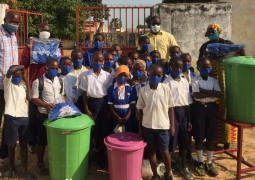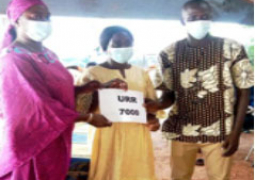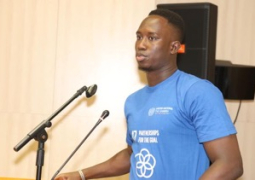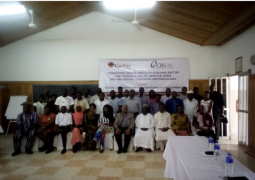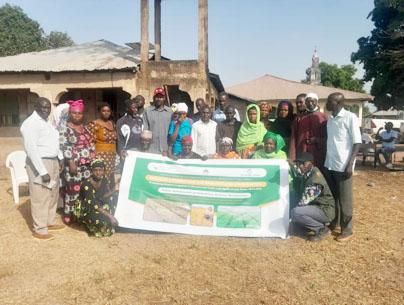
The nationwide campaign targeted 40 communities, where 20 women and 20 youth led agribusiness firms would be established by the project. The event, which was jointly organised by the Regional Grievances Redress Committee (RGRC), kicked off recently with a day’s activity at Chabai village in Foni Bondali District, West Coast Region.
Participants included members of the Village’s women-led agric-business firm, Village Development Committees (VDCs), District Chiefs and youth representatives.
The facilitators were from GIRAV Project and members of RGRC.
Addressing the gathering, Fafanding Katiri Kinteh, Social Safeguard Specialist at GIRAV project, explained that community outreach was geared towards raising awareness targeting project beneficiaries in particular and the general public at large on the Environmental and Social Safegaurd (ESS) instruments development by the project to ensure their effective implementation.
He recalled that several communities that benefited from development projects in different parts of the country in the past have encountered series of environmental and social safeguard issues resulting in serious challenges, thus undermining effective implementation to ensure zero incidents of ESS challenges.
“This is why The Gambia Government and the World Bank have from the onset of project preparation phase taken onboard ESS issues very seriously. This is why the ESS instruments have been developed to help guide implementation of interventions.”
Kinteh explained that during the implementation phase, many people (including contractors and sub-contractors and labourers) would be engaged to participate in the implementation of sub-project and thus increasing risk to Gender-Based Violence (GBV) including Sexual Exploitation, Abuse and Harassment (SEAH), and Violence Against Children.
“We are not here to cause panic or fuel misunderstanding between you, contractors and their workers, but rather to prevent incidence of GBV and its related issues. If contractors come here, please receive them well as it is customary here. And that is what our religion teaches us. However, in doing so, be vigilant and don’t tolerate GBV and any act that will undermine the project implementation.” he sensitised.
He further reminded that residents would be given a free toll number to call the director of RAD for WCR, who doubles as chair for the RGRC to report any undesirable practice in the course of project implementation for redress.
Mustapha Drammeh, Regional Agricultural Directorate and chair of the RGRC for West Coast Region, said that rural communities are fortunate to get such a giant garden that would contribute immensely in improving the lives and livelihood of the residents.
He, however, added that residents should be steadfast and always maintain unity and cooperation to ensure sustainability of the agricultural facility.
“If you see we are here today is because we are very much committed to the effective and smooth implementation of the project to promote food and nutrition security and increase individual and household incomes for shared prosperity,” he said.
Presenting on the Grievances Redress Mechanisms (GRM), Mustapha Camara, senior horticulturalist at the Regional Agricultural Directorate and Secretary to the RGRC, reiterated his committee’s commitment to ensure fairness, accountability and transparency in the execution of its duties.
Kaybuteh Sanyang, Alkalo of Chabai village, commended GIRAV project and its partners for enlightening residents ahead of the project implementation.
The community outreach, he added, would go a long way in maintaining peace between residents and project contractors.
Other speakers included Sutay Colley, a representative of the Chief of Bondali District, who lauded the outreach activity.


